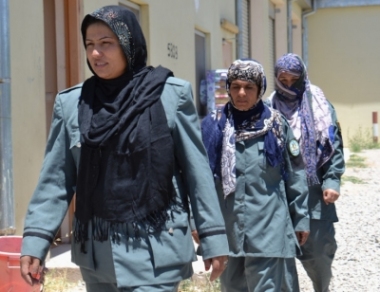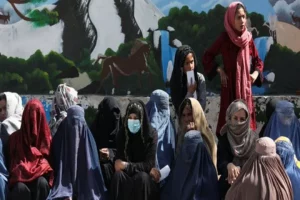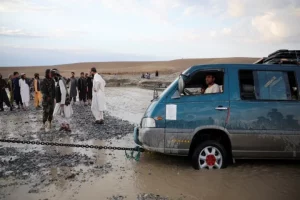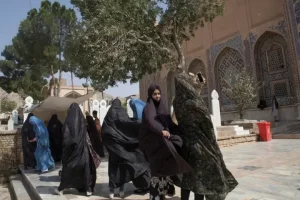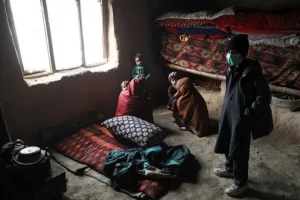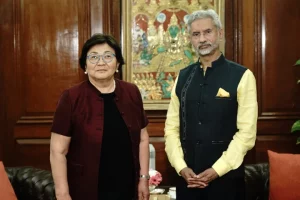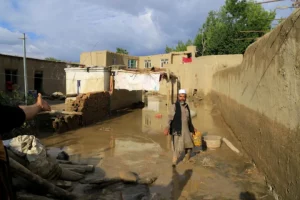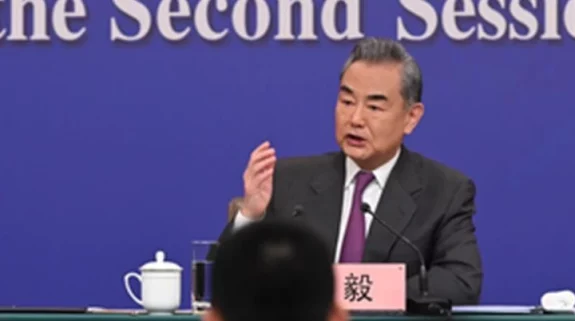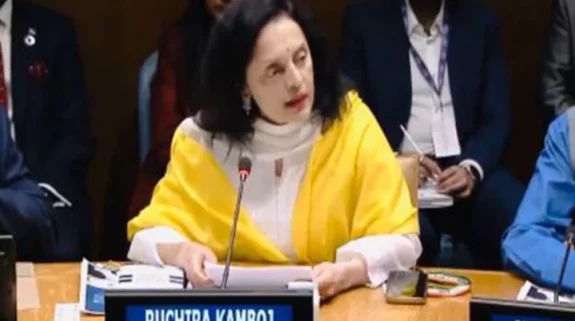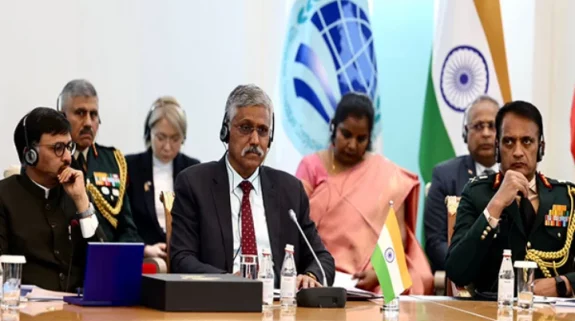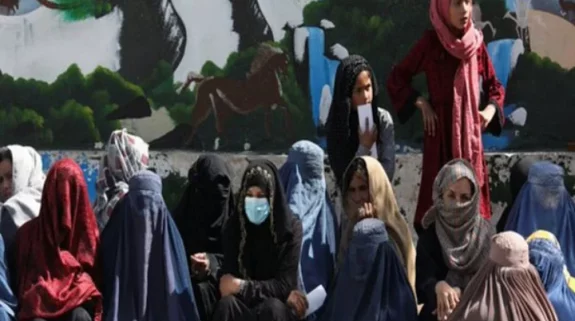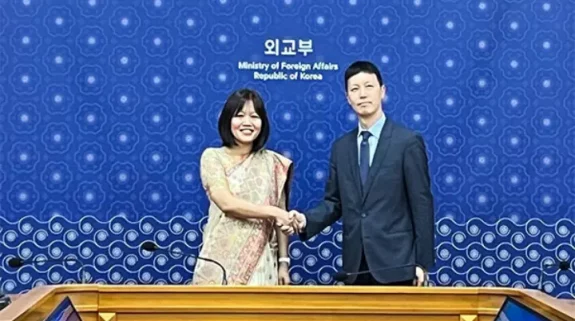At their first press conference after coming to power, the Taliban on Tuesday projected a softer stand on women’s rights saying they would be allowed to work but it would be in accordance with Islamic law.
“Women would be allowed to work and study and will be very active in society but within the framework of Islam," Taliban spokesperson Zabihullah Mujahid said.
He said that in some fields such as hospitals and education women would be allowed to work.
Fielding a wide-range of questions from reporters, Mujahid sought to strike a note of conciliation, saying, "We don't want any internal or external enemies."
Also read: US Air Force C-17 plane crammed with record 640 Afghans flies out of Kabul to Qatar
He said since the war was over the Taliban would grant amnesty to all those who were opposed to them. “We do not want any Afghan to leave the country. They should stay back and use their talent and expertise to help build the country, he added.
Commenting on the press conference, veteran BBC journalist John Simpson tweeted; “I’ve known the Taliban spokesman at today’s press conference in Kabul for many years. Mujahid is a relatively moderate and pleasant man. But he’s seeking to calm the world’s fears, and he speaks for only one part of the Taliban movement.”
Ironically, Mujahid was sitting at the press conference on the same chair which until recently belonged to Dawa Khan Menapal, the director of Afghanistan's media and information centre, who was assassinated by Taliban militants earlier this month.
Mujahid as spokesman had claimed responsibility at the time and said Menapal "was killed in a special attack".
During their 1996-2001 rule, also guided by Islamic sharia law, the Taliban stopped women from working. Girls were not allowed to go to school and women had to wear burqas to completely cover themselves from head to toe in order to go out and that too only when accompanied by a male relative.
Afghan girls' education activist Pashtana Durrani, 23, was wary of Taliban promises. "They have to walk the talk. Right now they are not doing that," she told Reuters news agency.






